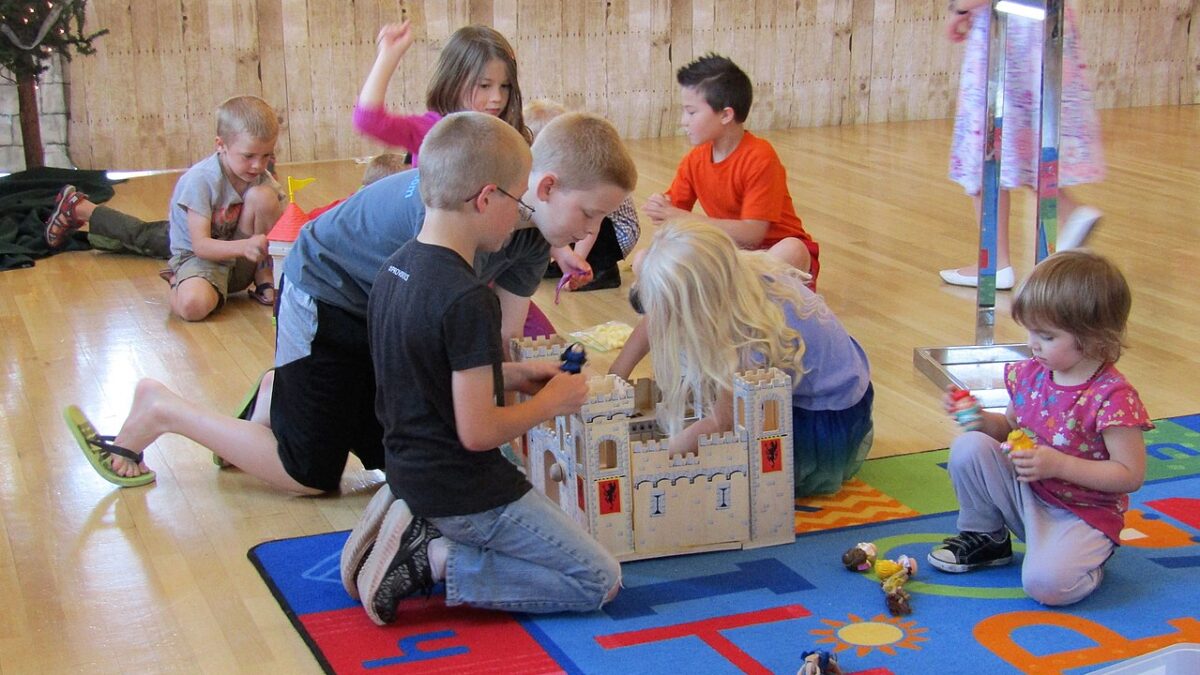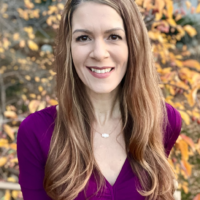Social-emotional learning will soon become spiritual-ethical learning, and the public school systems will decide whose spiritual and ethical beliefs to teach.
For families that care about raising their children with the moral and religious values of their own faith tradition, questions about which spiritual and ethical teachings should be taught prompt even more speculation about whether so-called social-emotional learning (SEL) should be taught in public education at all.
As the theory adopts spiritual and ethical dimensions, it will amount to state-sanctioned religion.
What Is SEL, and How Has It Changed?
Social-emotional learning (SEL) is a mental-health framework that has woven itself into the very fabric of our education system.
Standards, assessments, curricula, and even college and career readiness standards have been altered to teach, measure, and track students’ adoption of SEL’s five core competencies — put forth by its standard-bearer, the Collaborative for Academic Social Emotional Learning (CASEL).
Since its birth in 1994 at the Fetzer Institute and up until 2020, CASEL’s definition of social-emotional learning and its competencies have relatively stayed the same.
It described SEL as “the process through which children acquire the skills to recognize and manage emotions, develop caring and concern for others, make responsible decisions, establish positive relationships, and handle challenging situations effectively.”
In 2020, amid the chaos of the global pandemic and racial riots, CASEL quietly updated that definition and its five core competencies. Its new definition of Transformative SEL and adjusted competencies reflect the view that so-called social and emotional learning needs to be taught through a racial and “equity” lens.
SEL lessons and the subjects addressed through them act as both a springboard and smokescreen for activist teachers to have discussions about race, sex, and class that aim to create a critical consciousness in children.
Once they are led to believe the systems of society have been set up to oppress specific groups of people, students can be coached to become social-justice activists who show their empathy and compassion by tearing down the systems of society in order to build ones that are more “equitable.”
In this vision, “equitable” means equal outcomes through the redistribution of resources, not equal opportunity under the law.
The whole purpose of social-emotional learning has therefore been changed to explicitly “address issues such as power, privilege, prejudice, discrimination, social justice, empowerment, and self-determination” with the goal of developing “justice-oriented, global citizens.”
Spirituality Through SEL
As if this departure from its original purpose were not destructive enough, social-emotional learning is undergoing another revision — one that will seek to address the spiritual needs of students as a part of the Whole School, Whole Community, Whole Child (WSCC) model.
Created by the Centers for Disease Control and Prevention (CDC) and the Association for Supervision and Curriculum Development (ASCD), WSCC claims to create a comprehensive school health approach by fostering collaboration among the public health and education sectors through the integration and alignment of their services, far beyond hearing and vision screenings.
These public-private partnerships will take other medical and mental health services that are generally rendered out of school and facilitated by parents and caregivers and instead allow them to be offered as aid provided by the school so the needs of the “whole child” can be met. Spirituality will soon be seen as one of those needs.
Recently, there has been an influx of SEL programs in the market that incorporate spirituality into their lessons. The Fetzer Institute, along with Rockefeller Philanthropy Advisors and Dr. Lisa Miller from Columbia’s Teachers College, launched the Collaborative for Spirituality in Education. Fetzer’s support of research on the spiritual aspects of childhood development led to the social-emotional learning program, “What Makes Me: Core Capacities for Living and Learning.”
Released in collaboration with UNICEF and the Learning for Well-being Foundation — a “Whole Child Partner” committed to advancing the WSCC model worldwide — it addresses nine core capacities that are believed to protect and improve the lives of children based on the U.N.’s Convention on the Rights of the Child (UNCRC).
There is just one teeny little problem. The UNCRC believes children’s rights usurp parental ones. The report released with “What Makes Me” states:
Both children’s ‘evolving capacities’ and ‘children’s spiritual well-being’ are key parts of achieving multiple children’s rights, as outlined in the UNCRC. The evolving capacities of the child are mentioned in both Article 5 and Article 14.1 in regard to children being able to exercise their own rights (Article 5), and their freedom of thought, conscience and religion (Article 14.1). Moreover, Articles 17, 23.3, 27 and 32 … recognize spiritual well-being as a goal of these rights alongside physical, mental and moral well-being, among others.
“What Makes Me” seeks to teach spirituality through SEL as “a more active and engaged process in which some persons choose to shape and create a way of knowing and living that may or may not draw on religion” and as something that involves the conscious choice to explore life’s “big questions.”
The UNCRC also states that children have sexual rights from birth and should be able to learn about sexual behaviors as young as age 5 through Comprehensive Sexuality Education, including the idea that sex is not binary or immutable.
One must wonder if the “spirituality” they intend to impart to children as a fundamental “right” is a wide acceptance of sexual variance and the offering of an alternative belief system that differs from their familial, cultural, and religious beliefs.
“What Makes Me” is not the only SEL program incorporating spirituality that Fetzer invests in. It recently pledged $1 million to the QUESTion Project, started by mentalist and owner of The Open Future Institute, Gerard Senehi. It asks students questions such as: “Who am I?” “What is my purpose?” “What does a good life look like?”
If administered in a public school using taxpayer money, these questions violate the separation of church and state and cross the line into the government using education to institute an unconstitutional state-sanctioned religion.
SEL programs such as these meet the federal government’s definition of a religion, which is a “comprehensive belief system that addresses the fundamental questions of human existence, such as the meaning of life and death, man’s role in the universe, and the nature of good and evil, and that gives rise to duties of conscience.”
The First Amendment commands that the government can “make no law respecting an establishment of religion, or prohibiting the free exercise thereof.”
Considering the esoteric and mystical religious roots of social-emotional learning and CASEL through the Fetzer Institute, and its broadening into explicitly teaching “spirituality,” it is clear that state-sponsored SEL violates the U.S. Constitution in its attempt to infuse the religious science of “right human relations” into education while cloaking it in secular language.
The role and responsibility of molding and shaping a child’s moral character does not belong in public classrooms backed by organizations with political or societal agendas.
It should remain in the loving arms of the family, where it has been since the dawn of time.









